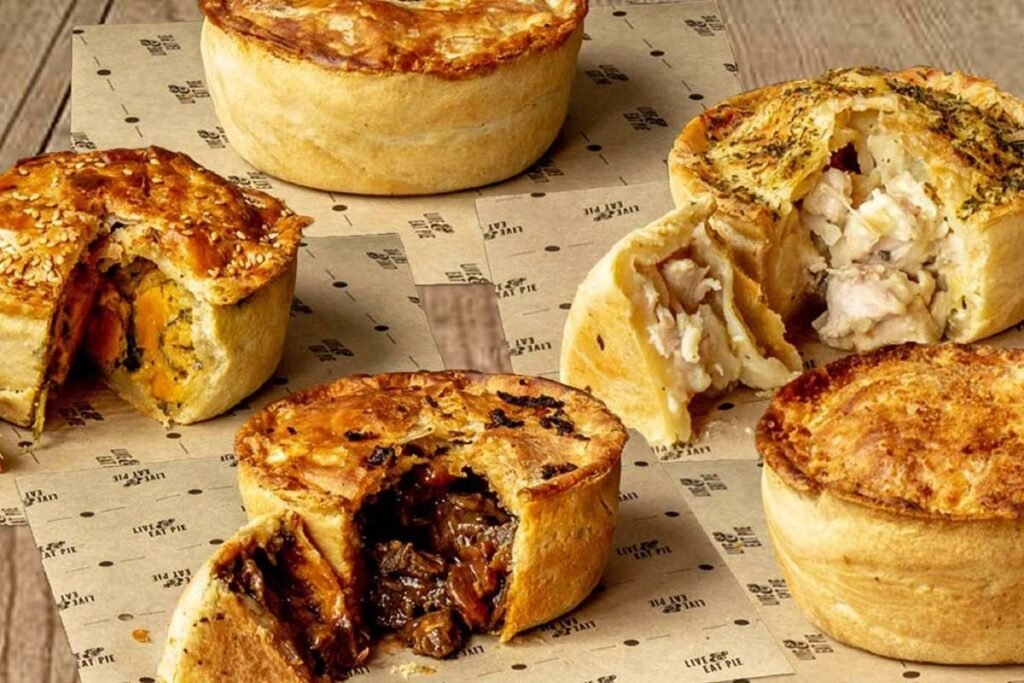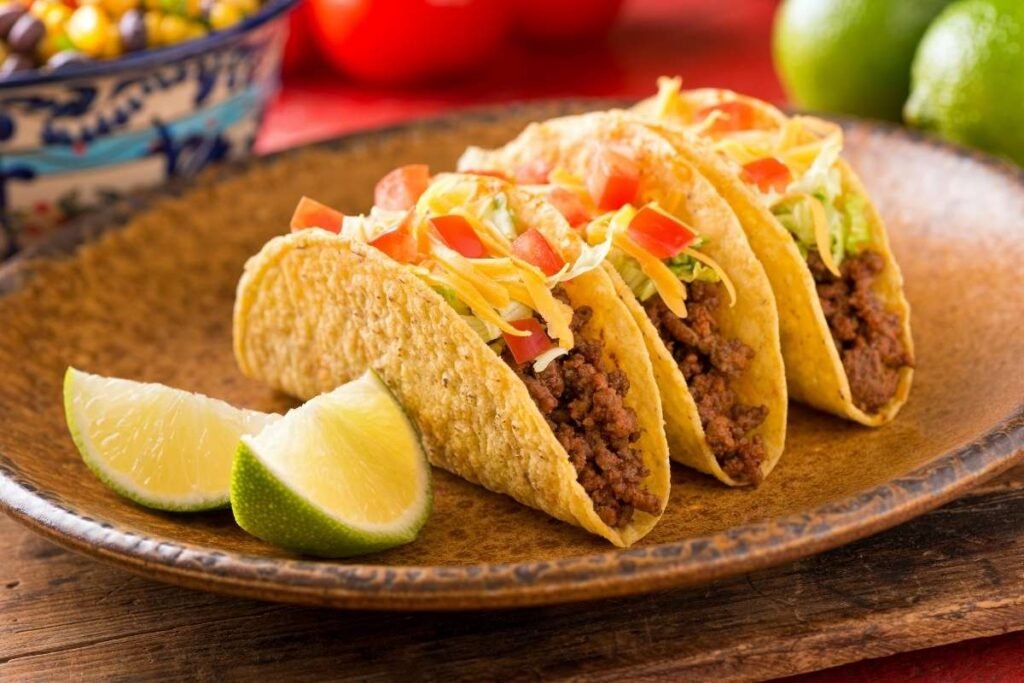In today’s fast-paced world, maintaining a balanced diet is more important than ever. With the rising awareness of fitness and health, many people are on the lookout for ways to eat well without consuming excess calories. Low-calorie meals have become a popular choice for those aiming to lose weight, maintain their current physique, or simply lead a healthier lifestyle. These meals allow you to enjoy delicious food while keeping your calorie intake under control.
In this article, we’ll explore the concept of low-calorie meals, how they benefit the body, and provide some tips and meal ideas that are easy to incorporate into your daily routine. Whether you’re cooking for yourself or your family, these meals can be a game-changer in your wellness journey.
Why Choose Low-Calorie Meals?
Before diving into recipes and meal ideas, it’s important to understand the reasons behind opting for low-calorie meals. Calories are a measure of energy, and our bodies require a certain amount of calories to function effectively. However, consuming more calories than your body needs can lead to weight gain, increased fat storage, and a higher risk of developing health issues such as obesity, diabetes, and heart disease.
Here are a few benefits of choosing low-calorie options:
- Weight Management: One of the most common reasons people opt for low-calorie meals is weight loss or weight management. By controlling calorie intake, it’s easier to maintain a healthy weight without feeling deprived.
- Better Digestion: Meals that are lower in calories are often rich in fruits, vegetables, and lean proteins, which promote better digestion and improve gut health.
- Boosted Energy: Eating healthy, low-calorie meals can help stabilize blood sugar levels, which results in sustained energy throughout the day.
- Long-Term Health: A diet rich in low-calorie meals has been linked to lower cholesterol levels, reduced risk of chronic diseases, and improved heart health.
Tips for Creating Low-Calorie Meals
Making low-calorie meals doesn’t have to be complicated or boring. It’s all about smart food choices and mindful preparation techniques. Here are some tips to get you started:
- Focus on Portion Control: Even the healthiest meals can be high in calories if you eat too much. Use smaller plates, measure your ingredients, and be mindful of serving sizes to ensure that you’re not overeating.
- Choose Lean Proteins: Proteins like chicken breast, turkey, fish, and tofu are excellent sources of nutrients while being low in calories. Avoid fatty cuts of meat and opt for baking, grilling, or steaming instead of frying.
- Load Up on Vegetables: Vegetables are low in calories but packed with essential vitamins, minerals, and fiber. They add volume to your meals without significantly increasing the calorie count. Leafy greens, bell peppers, broccoli, and carrots are great options.
- Use Healthy Cooking Methods: The way you prepare your food can make a big difference in its calorie content. Instead of frying, try grilling, steaming, roasting, or boiling your ingredients.
- Watch the Dressings and Sauces: Often, dressings and sauces are loaded with hidden calories from sugars, oils, and fats. Opt for lighter dressings made from lemon juice, vinegar, or Greek yogurt, and avoid heavy cream-based sauces.
Low-Calorie Meal Ideas
To help you get started, here are some meal ideas that are both satisfying and low in calories. These recipes are easy to prepare and can be customized to suit your taste preferences.
1. Grilled Chicken Salad with Avocado
A fresh and light option, this salad is perfect for lunch or dinner. Grilled chicken breast provides lean protein, while avocado adds healthy fats. Top it with mixed greens, cherry tomatoes, cucumbers, and a light vinaigrette made from olive oil and lemon juice.
- Calories: Around 300 per serving
2. Vegetable Stir-Fry with Tofu
Stir-fries are a fantastic way to pack a lot of flavor into a meal while keeping it low in calories. Use a variety of colorful vegetables like bell peppers, broccoli, and snap peas. Stir-fry them with tofu for added protein and season with soy sauce, ginger, and garlic.
- Calories: Around 250 per serving
3. Zucchini Noodles with Marinara Sauce
If you’re craving pasta but want to keep it light, zucchini noodles are an excellent substitute. Toss the noodles with a simple marinara sauce made from fresh tomatoes, garlic, and herbs. Add a sprinkle of parmesan cheese for flavor without adding too many calories.
- Calories: Around 200 per serving
4. Quinoa and Black Bean Stuffed Peppers
For a filling but low-calorie meal, try stuffed bell peppers. Fill the peppers with a mixture of cooked quinoa, black beans, diced tomatoes, and onions. Season with cumin, paprika, and a touch of chili powder for a flavorful and nutritious meal.
- Calories: Around 350 per serving
5. Greek Yogurt Parfait with Berries
This is a great option for breakfast or a snack. Layer Greek yogurt with mixed berries and a sprinkle of granola for added crunch. Greek yogurt is high in protein and low in calories, while the berries provide antioxidants and fiber.
- Calories: Around 200 per serving
Incorporating Low-Calorie Meals into Your Lifestyle
Adopting a habit of preparing low-calorie meals can significantly improve your overall health. It doesn’t mean you have to give up your favorite foods or follow a restrictive diet. Instead, focus on balance, variety, and moderation. Here are some ways to incorporate these meals into your lifestyle:
- Meal Prep: Prepare your meals in advance to avoid last-minute temptations of high-calorie fast food. Cook batches of meals that can be stored in the fridge or freezer for the week.
- Plan Your Meals: Having a meal plan helps you stay on track with your low-calorie goals. Write down your weekly menu and shop accordingly.
- Stay Hydrated: Sometimes hunger is actually a sign of dehydration. Drink water regularly, especially before meals, to avoid overeating.
- Practice Mindful Eating: Slow down and enjoy your food. Eating mindfully can help you savor each bite and prevent overeating.
Conclusion
Incorporating low-calorie meals into your diet is an effective way to improve your health, manage your weight, and boost your energy levels. The key is to focus on nutrient-dense foods, control portions, and choose healthier cooking methods. With a variety of delicious recipes and meal ideas available, eating low-calorie doesn’t have to be boring or restrictive. Whether you’re looking to lose weight or simply maintain a balanced diet, low-calorie meals can be a satisfying and sustainable option for a healthier life.










